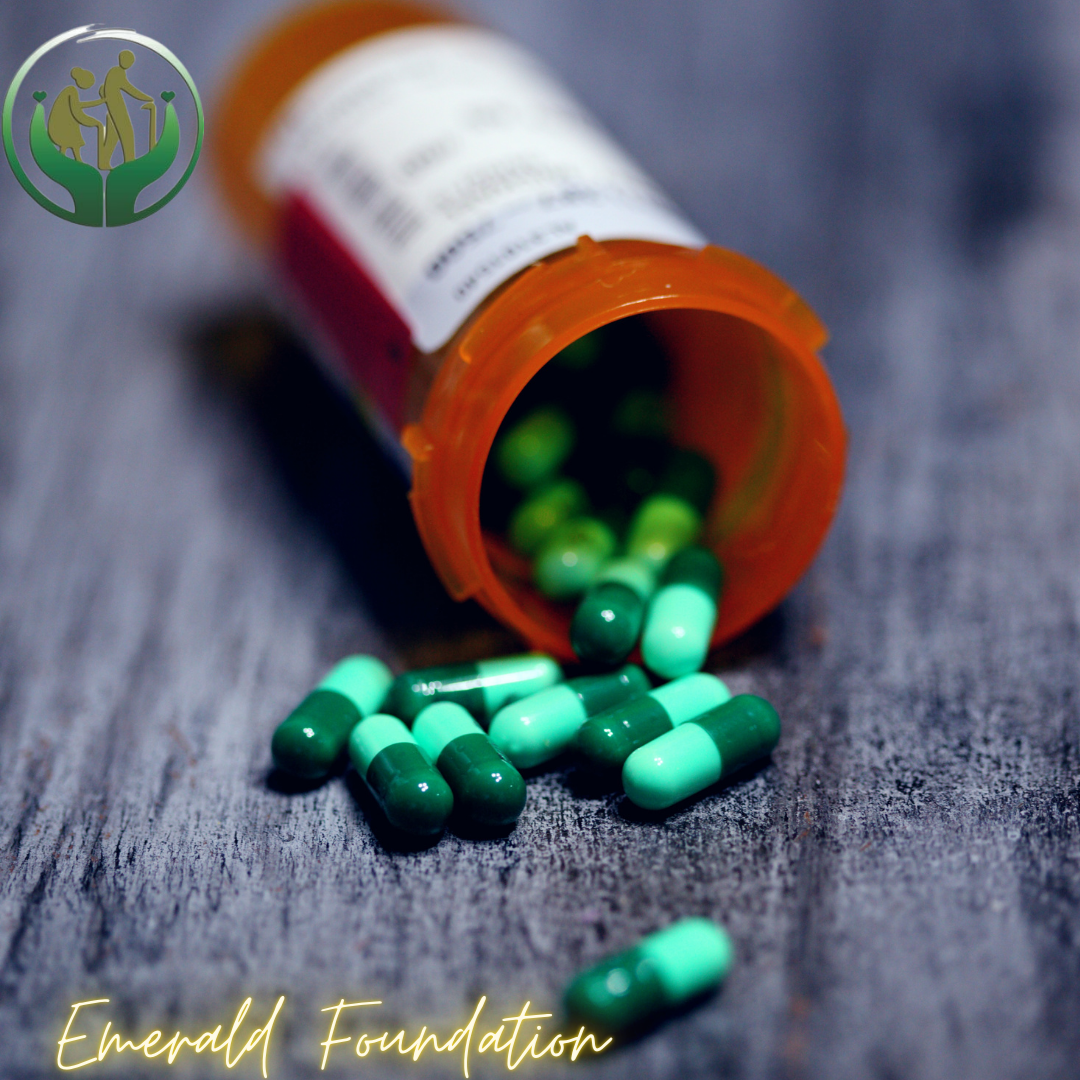The report further revealed that out of the number of drug abusers, 10,640,000 take cannabis, 4,610,000 are on opioids, 4,608,000 use pharmaceutical opioids like Codeine, Tramadol, and Morphine, 481,000 take cocaine, 2,360,000 use cough syrups, and 481,000 take tranquillizers and sedatives.
Click here to follow us @facebook and Click here to follow us on Instagram
More disturbingly, the report establishes that nearly 1 in 8 persons in Nigeria has suffered at the hands of people who abuse drugs, ranging from threats and fear of physical harm.
Drug abuse is harmful due to its far-reaching impact on individuals’ physical, mental, and social well-being.
Firstly, drug abuse poses severe health risks as it can lead to organ damage, cardiovascular problems, respiratory issues, and mental health disorders. Prolonged drug use can cause addiction, leading to a compulsive need for the substance, which further exacerbates health problems and increases the risk of overdose and death.
Additionally, drug abuse often results in neglecting personal health, leading to malnutrition, weakened immune systems, and susceptibility to infections.
Also, drug abuse significantly impairs cognitive functions and judgment. Drugs alter the brain’s chemistry, affecting areas responsible for decision-making, impulse control, and memory. This impairment can lead to risky behaviours, accidents, and injuries. Individuals under the influence of drugs may engage in reckless activities, such as driving while intoxicated, endangering not only their lives but also the lives of others.
In addition, drug abuse has broader societal implications. It strains healthcare systems, with increased demands for addiction treatment and rehabilitation services.
The illegal nature of many drugs also fuels criminal activities and drug-related violence, impacting the safety and well-being of communities. The economic burden of drug abuse includes costs associated with healthcare, law enforcement, and lost productivity, affecting society as a whole.
Ending this
Ending drug abuse requires a comprehensive and collaborative approach. Prevention and education are crucial. Implementing drug prevention programs targeting different age groups, promoting healthy coping mechanisms, and raising awareness about the risks are essential steps.
Equally important is ensuring access to timely and affordable treatment. Expanding rehabilitation centres, counselling, and support groups can provide much-needed help. Evidence-based treatments like cognitive-behavioural therapy and medication-assisted treatment should be widely accessible to address addiction.
Addressing both supply and demand is vital. Strengthening law enforcement to disrupt drug trafficking and tackling underlying issues like poverty are key. Implementing harm reduction strategies, such as needle exchange programs, can minimize the negative consequences of drug use and promote health and safety.
Ending drug abuse requires a united effort from governments, communities, healthcare professionals, law enforcement, and individuals. Combining prevention, treatment, and targeted interventions can create a society that supports those struggling with addiction and promotes healthy, drug-free lifestyles.
The alarming rise in drug abuse demands urgent awareness and action from all levels of society. Together, people can come together to combat this menace and strive for a healthier, safer nation.


